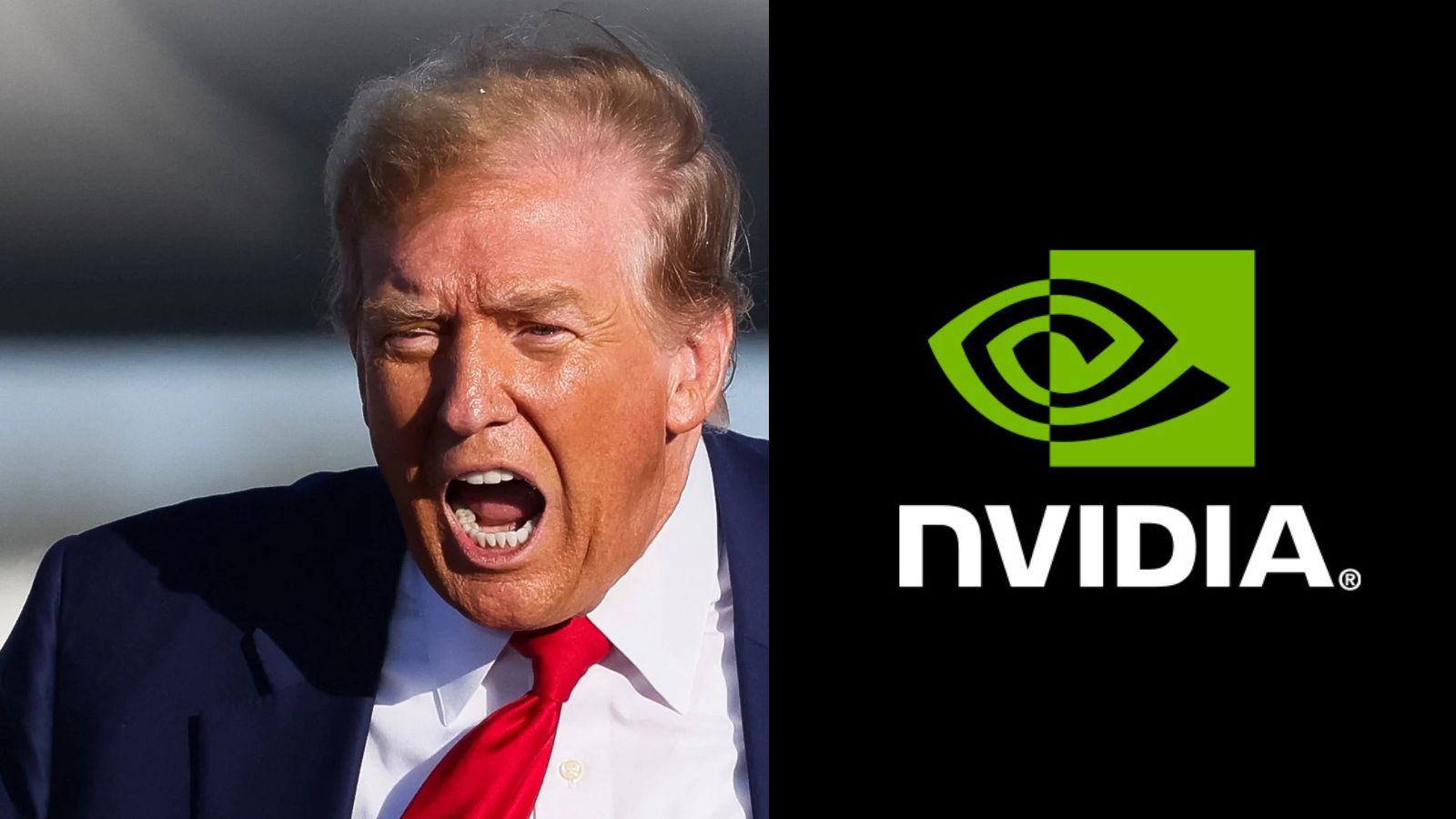Donald Trump escaped a massive fraud penalty on Thursday after a New York appeals court overturned the financial punishment worth more than half a billion dollars. The five-judge panel ruled the monetary sanction was "excessive" and violated the eighth amendment of the US Constitution.
The court maintained its finding that Trump committed fraud by inflating his wealth for decades. Trump and his two eldest sons remain banned from corporate leadership roles for several years.
Trump declared a "total victory" on social media following the ruling. "I have enormous respect for the fact that the court had the courage to overturn this illegal and shameful decision that was harming business throughout the state of New York," he wrote.
Divided court ruling
The appeals court issued 323 pages of opinions without reaching a clear majority, according to the Independent, demonstrating deep judicial division over the case. Two judges supported the fraud finding but considered the penalty too severe, while others questioned the legal authority behind the lawsuit.
The court took an unusually long time to rule, weighing Trump's appeal for almost 11 months after oral arguments last autumn. Appeals are normally decided within weeks or a few months.
Judge Arthur Engoron had originally ordered Trump to pay $355 million in penalties last year. With interest, the sum exceeded $515 million, while additional sanctions against other Trump Organisation executives, including sons Eric and Donald Jr, brought the total to $527 million with interest.
Financial protection strategy
Trump avoided immediate payment by posting a $175 million bond while pursuing his appeal. Interest had been accruing at a rate of more than $110,000 per day on the original penalty, according to the Daily Mail.
The appeals court dismissed the penalty entirely, leaving open a path for further appeal to the state's highest court. Trump and his co-defendants can seek to extend the pause on enforcement of any punishment.
Political motivations questioned
Judge David Friedman delivered a scathing critique of New York Attorney General Letitia James for bringing the lawsuit. "Clearly, her ultimate goal was not 'market hygiene'... but political hygiene, ending with derailing President Trump's political career and destroying his real estate business," Friedman wrote.
James focused on the fraud finding in her response, saying the court had "affirmed the well-founded conclusion of the trial court: Donald Trump, his company and two of his sons are liable for fraud". She emphasised that "another court has ruled that the president violated the law, and that our case has merit".
The Daily Mail reports that the Justice Department has convened a grand jury in Albany investigating James' lawsuit as part of a probe into whether she violated Trump's civil rights. James' personal attorney called this "the most flagrant and desperate example of this administration carrying out the president's political retaliation campaign".
Broader legal challenges
The fraud case represented one of several legal obstacles Trump faced while campaigning for and winning a second presidential term. In January, Trump was found guilty of paying to silence allegations against him but received an unconditional discharge, meaning his conviction remains on record but he avoided jail, probation or fines.
A federal appeals court also confirmed a jury's finding that Trump sexually abused writer E Jean Carroll in the mid-1990s and then defamed her, upholding a $5 million judgment against him. Trump faces an additional $83.3 million verdict for separate defamation claims and continues to appeal both rulings.
Sources used: "PA Media", "Independent", "Daily Mail" Note: This article has been edited with the help of Artificial Intelligence.







